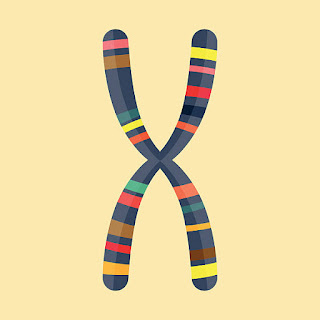The Enzymes
What are Enzymes?
Enzymes are the compounds which are partly or entirely
proteineous in nature, considered as bio catalyst,and increase the rate of
biochemical reaction.
These are specific for that reaction and not consumed in the process.
The term enzyme was used by a scientist Friedrich kuhne in 1878. summer in 1926 isolated urease enzyme.
It was a significant breakthrough in the study of enzymes. By this Discovery protein nature of enzyme was known.
Properties of enzymes
The characteristics of enzymes are as follows
i) Small amount:
Enzymes are required in very small amount in the biochemical reaction as compared to the amount of substrate.
ii)
Remain unaffected :
Enzymes remain unaffected in the reaction in which they are used as biocatalyst these are not consumed during the reaction and can be used again and again.
iii) specific for reaction
Enzymes are specific for a particular reaction or one group of related chemical reactions.
Enzymes that catalyses one reaction may not catalyze another reaction.
iv) protein nature
Enzymes are partly or completely made up of proteins.
v) Enzymes lower the energy of activation:
Enzymes do not initiate the reaction but increase the rate of reaction by lowering the energy of activation which is required for substrate.
vi) Confined to narrow range of temperature, pH:
Enzymes are confined to narrow range of temperature and pH. sensitive to change and temperature, heat alcohol, and concentrated solution of inorganic acids. These may stop their activity.
vii) Specific active centre:
Enzymes have specific active centre which is attached to the substrate. If this Centre is bonded with another substance, then the enzyme loses its activity.
viii) Reversible reaction:
Many enzymatic reaction are reversible. They affect the reaction in two Directions.
They do not change the equilibrium of a reversible reaction
Related post




Comments
Post a Comment